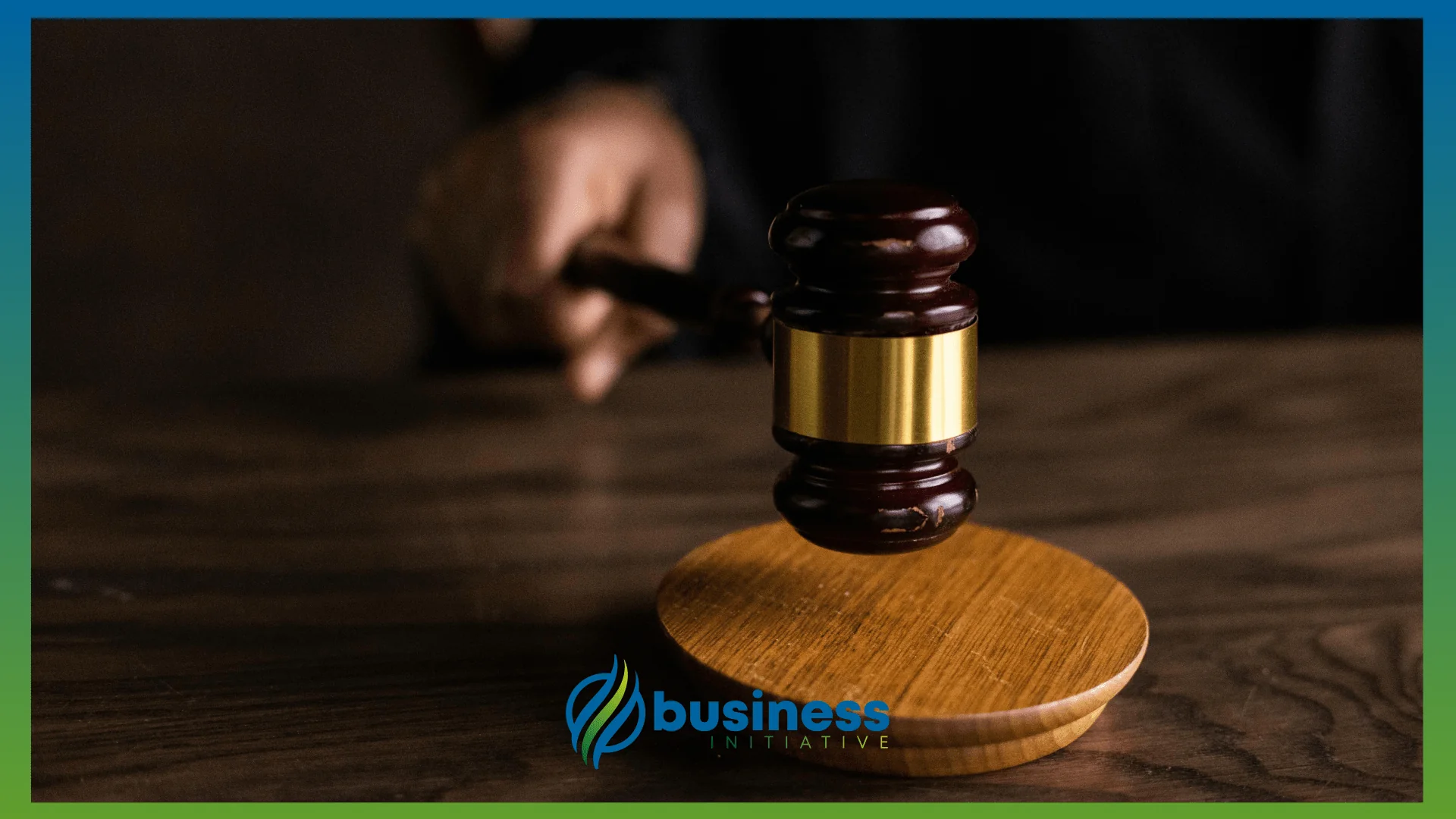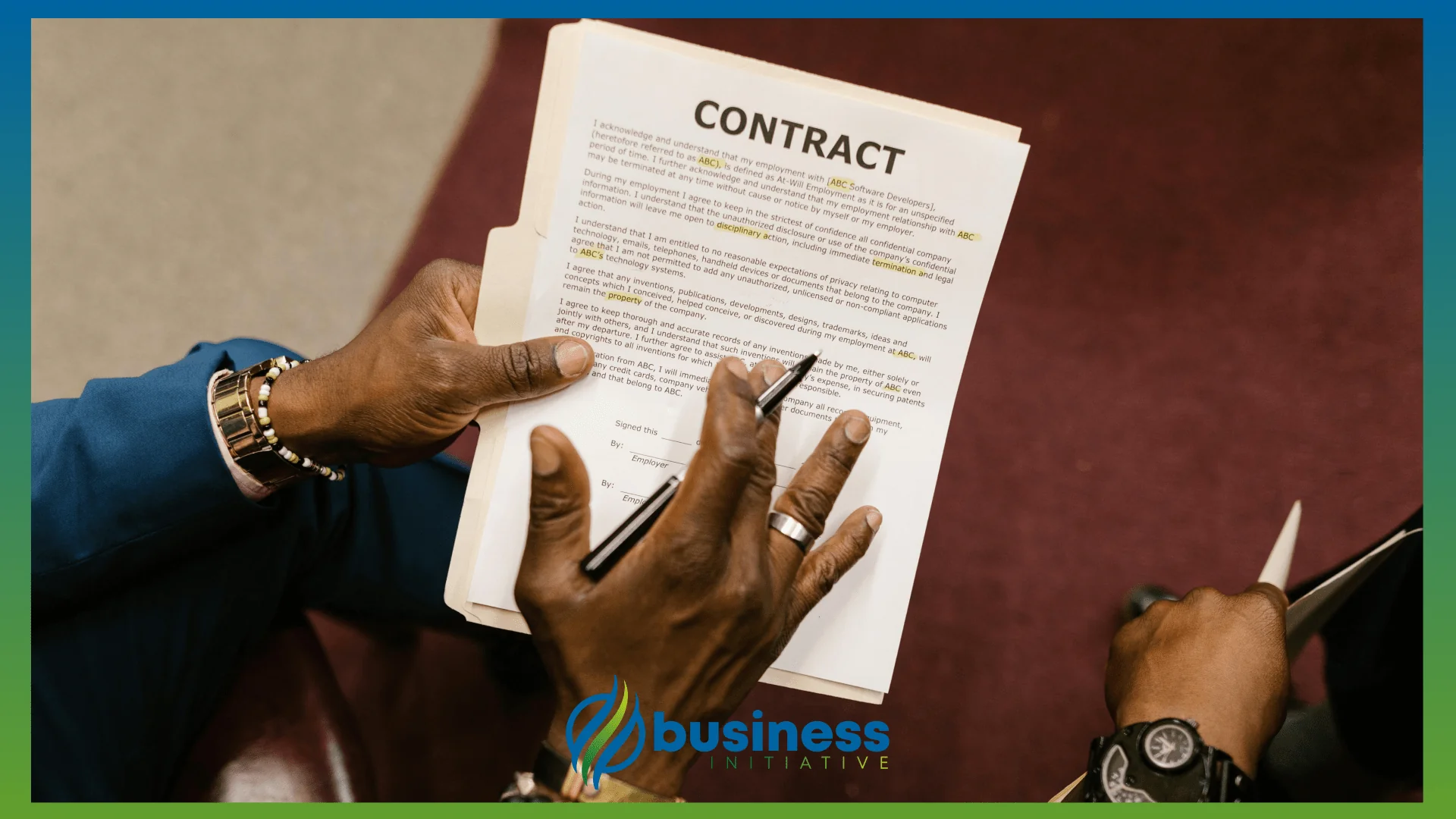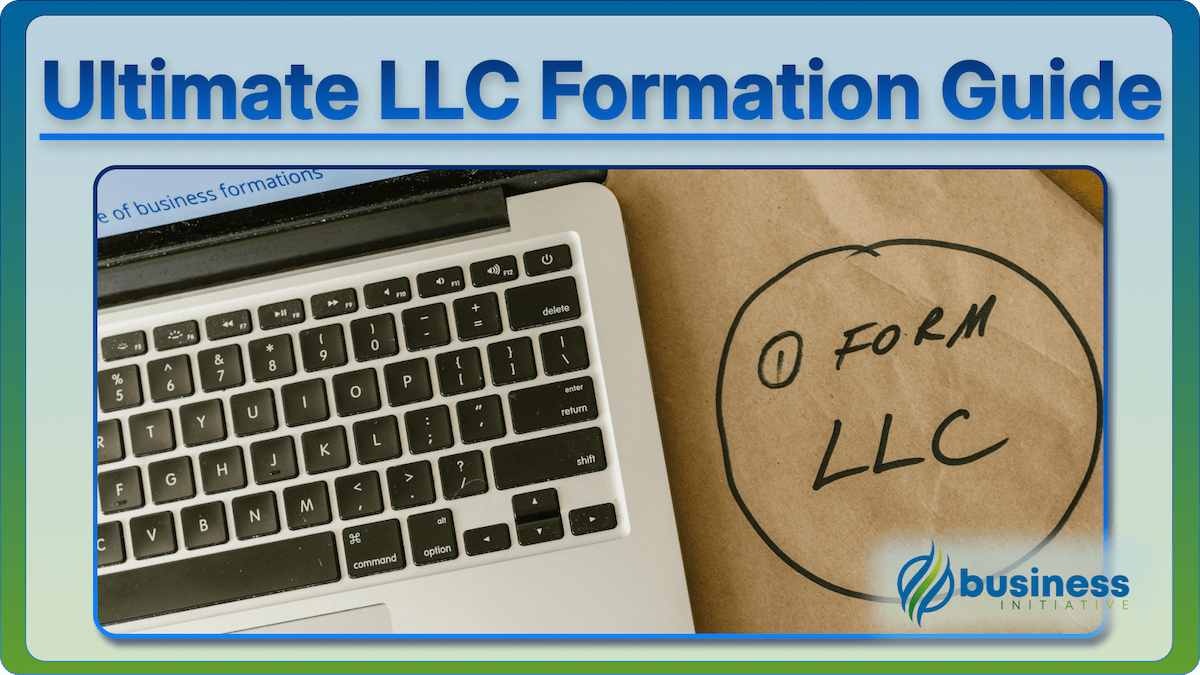You need legal advice.
You want the right questions.
You need a checklist.
You need to prepare.
Attorney questions. Legal checklist. Consultation prep. Your preparation.
This guide shows you how.
Legal questions. Attorney checklist. Consultation guide. Your protection.
Read this. Prepare questions. Get answers.
 Key Takeaways
Key Takeaways
- Prepare specific questions—come to your attorney meeting with a clear list of BOI-related questions to maximize consultation value
- Ask about your specific situation—discuss your entity type, ownership structure, and compliance status to get tailored advice
- Understand criminal vs. civil penalties—ask your attorney to explain the difference and your specific risk level
- Get filing guidance—ask about filing requirements, deadlines, and procedures for your specific situation
- Document the conversation—take notes during your consultation and ask for written guidance on complex issues
 Table of Contents
Table of Contents

Why Preparation Matters
Preparation maximizes value.
What happens without preparation:
- Questions are forgotten
- Time is wasted
- Answers are incomplete
- Value is lost
What happens with preparation:
- Questions are asked
- Time is used efficiently
- Answers are complete
- Value is maximized
The reality: Preparation enables effective consultation.
Filing Questions
Ask about filing requirements:
Do I Need to File?
What to ask:
- Is my entity required to file BOI?
- Are there any exemptions that apply?
- What is my filing deadline?
- What happens if I don’t file?
Why it matters: Understanding requirements is essential.
What Information Do I Need?
What to ask:
- What beneficial owner information is required?
- How do I identify beneficial owners?
- What supporting documents are needed?
- Where do I get the required information?
Why it matters: Complete information ensures accurate filing.
How Do I File?
What to ask:
- What is the filing process?
- Where do I file?
- What are the filing fees?
- How long does filing take?
Why it matters: Understanding process ensures compliance.
Pro tip: Ask filing questions. Do I need to file, what information do I need, how do I file. See our BOI guide for filing requirements.

Penalty Questions
Ask about penalties:
What Are the Penalties?
What to ask:
- What are the civil penalties?
- What are the criminal penalties?
- When do penalties apply?
- How are penalties calculated?
Why it matters: Understanding penalties helps assess risk.
What Is My Risk Level?
What to ask:
- What is my specific risk level?
- What factors increase my risk?
- What factors reduce my risk?
- How can I minimize my exposure?
Why it matters: Risk assessment enables protection.
How Do I Avoid Penalties?
What to ask:
- What steps should I take to avoid penalties?
- What constitutes good faith compliance?
- How do I correct errors?
- What documentation protects me?
Why it matters: Avoiding penalties is the goal.
Pro tip: Ask penalty questions. What are the penalties, what is my risk level, how do I avoid penalties. See our BOI criminal liability guide for risk assessment.
Risk Questions
Ask about personal risk:
What Is My Personal Exposure?
What to ask:
- What is my personal liability as a founder?
- What is my personal liability as an owner?
- What is my personal liability as an officer?
- How can I protect myself?
Why it matters: Understanding exposure enables protection.
What Are Criminal Penalties?
What to ask:
- When do criminal penalties apply?
- What actions trigger criminal penalties?
- What is the difference between civil and criminal?
- How can I avoid criminal exposure?
Why it matters: Criminal penalties are serious.
How Do I Reduce Risk?
What to ask:
- What governance practices reduce risk?
- What documentation protects me?
- What professional guidance should I seek?
- What compliance practices minimize exposure?
Why it matters: Risk reduction is essential.
Pro tip: Ask risk questions. What is my personal exposure, what are criminal penalties, how do I reduce risk. See our BOI personal risk guide for exposure assessment.

Compliance Questions
Ask about compliance:
What Are My Compliance Obligations?
What to ask:
- What are my initial filing obligations?
- What are my update obligations?
- What are my ongoing compliance requirements?
- How do I maintain compliance?
Why it matters: Understanding obligations ensures compliance.
When Do I Need to Update?
What to ask:
- When do ownership changes require updates?
- What is the deadline for updates?
- What information needs updating?
- How do I file updates?
Why it matters: Updates are required for compliance.
How Do I Monitor Compliance?
What to ask:
- How do I track compliance status?
- What reminders should I set up?
- How often should I review compliance?
- What systems should I implement?
Why it matters: Monitoring maintains compliance.
Pro tip: Ask compliance questions. What are my obligations, when do I need to update, how do I monitor compliance. See our BOI routine guide for compliance habits.
Documentation Questions
Ask about documentation:
What Should I Document?
What to ask:
- What ownership records should I keep?
- What filing records should I maintain?
- What supporting documents are needed?
- How long should I keep records?
Why it matters: Documentation supports compliance.
How Should I Store Records?
What to ask:
- Where should I store records?
- What security measures are needed?
- What backup procedures should I use?
- Who should have access?
Why it matters: Secure storage protects information.
What Documentation Protects Me?
What to ask:
- What records demonstrate good faith?
- What documentation reduces exposure?
- What evidence supports compliance?
- What records should I maintain?
Why it matters: Documentation protects you.
Pro tip: Ask documentation questions. What should I document, how should I store records, what documentation protects me. See our BOI documentation guide for record-keeping.
Your Next Steps
Prepare questions. Schedule consultation. Get answers.
This Week:
- Review this checklist
- Prepare your questions
- Gather relevant documents
- Schedule attorney consultation
This Month:
- Meet with attorney
- Ask all prepared questions
- Take notes during consultation
- Follow up on any unclear points
Going Forward:
- Implement attorney guidance
- Maintain compliance
- Update documentation
- Schedule follow-up if needed
Need help? Check out our BOI filing guide for filing requirements, our BOI criminal liability guide for risk assessment, our BOI personal risk guide for exposure assessment, and our registered agent guide for business address setup.
Stay informed about business strategies and tools by following us on X (Twitter) and signing up for The Initiative Newsletter.
FAQs - Frequently Asked Questions About Legal Checklist: Questions to Ask Your Attorney About BOI and Criminal Penalties

What specific questions should I ask my attorney about whether my business needs to file a BOI report?
Ask if your entity is required to file, whether any exemptions apply, what your filing deadline is, and what happens if you don't file.
Learn More...
Start with the basics: 'Is my specific entity type required to file a Beneficial Ownership Information report with FinCEN?'
Then ask about exemptions: 'Are there any exemptions that apply to my business based on size, industry, or entity type?'
Clarify deadlines: 'What is my specific filing deadline based on when my entity was formed?'
Understand consequences: 'What exactly happens if I miss the filing deadline or fail to file at all?'
Bringing these questions to your consultation ensures you get clear, actionable guidance rather than generic advice.
What should I ask my attorney about BOI criminal versus civil penalties?
Ask what the civil and criminal penalties are, when each applies, what your personal risk level is, and how to minimize your exposure.
Learn More...
Key penalty questions include: 'What are the specific civil penalties for non-compliance?' and 'Under what circumstances do criminal penalties apply?'
Ask about personal exposure: 'As a founder/owner/officer, what is my personal criminal liability risk?'
Understand the distinction: 'What's the difference between a civil violation and criminal prosecution in the BOI context?'
Get actionable guidance: 'What specific steps can I take right now to ensure I'm never exposed to criminal penalties?'
Ask about good faith: 'What constitutes a good-faith compliance effort that would protect me even if I make a mistake?'
How should I prepare for an attorney consultation about BOI compliance to get maximum value?
Come with a prepared list of questions, gather relevant documents about your entity and ownership structure, and be ready to take detailed notes.
Learn More...
Preparation is the difference between a productive consultation and a wasted one. Write out your specific questions in advance organized by topic: filing, penalties, risk, compliance, and documentation.
Gather relevant documents before the meeting: your formation documents, ownership records, current compliance status, and any notices you've received.
Take detailed notes during the consultation and ask for written guidance on complex issues.
Follow up on anything unclear within a few days while the conversation is fresh.
What questions should I ask about ongoing BOI compliance obligations after the initial filing?
Ask when ownership changes require updates, what the deadline for updates is, how to monitor compliance, and what systems to implement.
Learn More...
Initial filing isn't the end—ongoing compliance is required. Ask: 'What changes in ownership or control trigger an update filing?'
Understand timing: 'What is the deadline for filing updates after a triggering event?'
Plan for monitoring: 'How should I track compliance status, and what reminders should I set up?'
Build systems: 'What compliance review schedule should I follow—quarterly, annually, or event-driven?'
Also ask: 'If I add a co-founder or investor, how quickly do I need to update my BOI filing?'
What documentation should I maintain to protect myself from BOI penalties?
Keep ownership records, filing confirmations, supporting documents, and evidence of good-faith compliance efforts, stored securely with limited access.
Learn More...
Ask your attorney: 'What specific records demonstrate good-faith compliance if I'm ever questioned?'
Maintain copies of all filings, confirmation receipts, ownership records, and any correspondence related to BOI compliance.
Store records securely with appropriate backup procedures and limited access—BOI information contains sensitive personal data.
Ask about retention periods: 'How long should I keep these records?' and 'Who within my organization should have access?'
Good documentation is your best defense if your compliance is ever questioned.
How can I reduce my personal risk exposure related to BOI non-compliance?
Implement proper governance practices, maintain thorough documentation, seek professional guidance, and establish compliance habits early.
Learn More...
Ask your attorney about specific governance practices that reduce risk—regular compliance reviews, documented decision-making, and formal processes.
Maintain thorough documentation of all compliance efforts, ownership changes, and filing activities.
Seek professional guidance for complex situations, especially if your ownership structure changes frequently or involves multiple entities.
The goal is to demonstrate that you made genuine, good-faith efforts to comply—even if you make an honest mistake, documented compliance efforts significantly reduce your risk exposure.
Sources & Additional Information
This guide provides general information about BOI attorney questions and legal consultation. Your specific situation may require different considerations.
For BOI filing, see our BOI Filing Guide.
For BOI criminal liability, see our BOI Criminal Liability Guide.
For BOI personal risk, see our BOI Personal Risk Guide.
For registered agent services, see our Registered Agent Guide.
Consult with professionals for advice specific to your situation.


